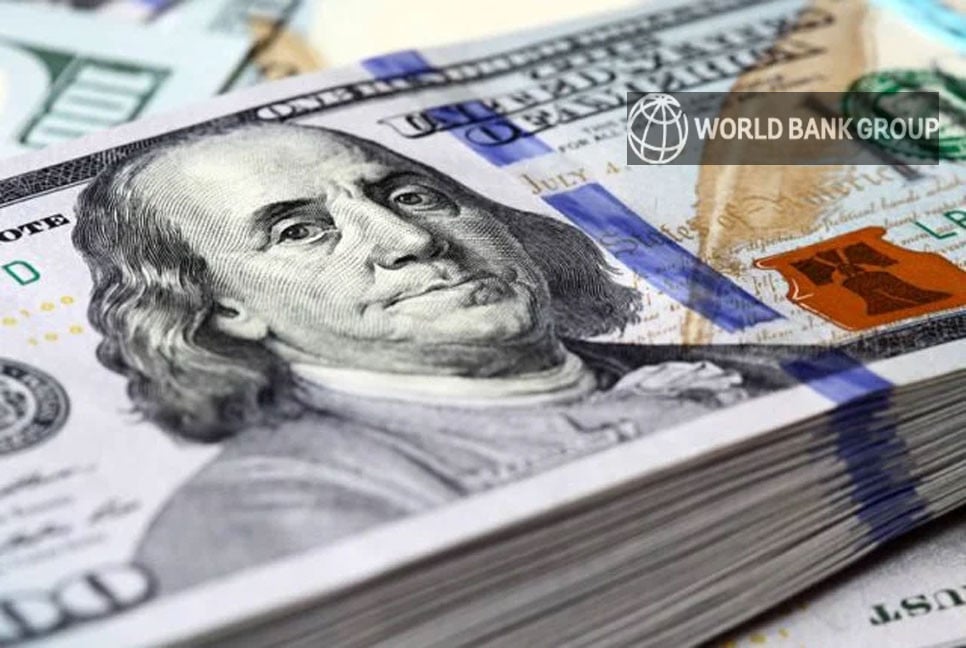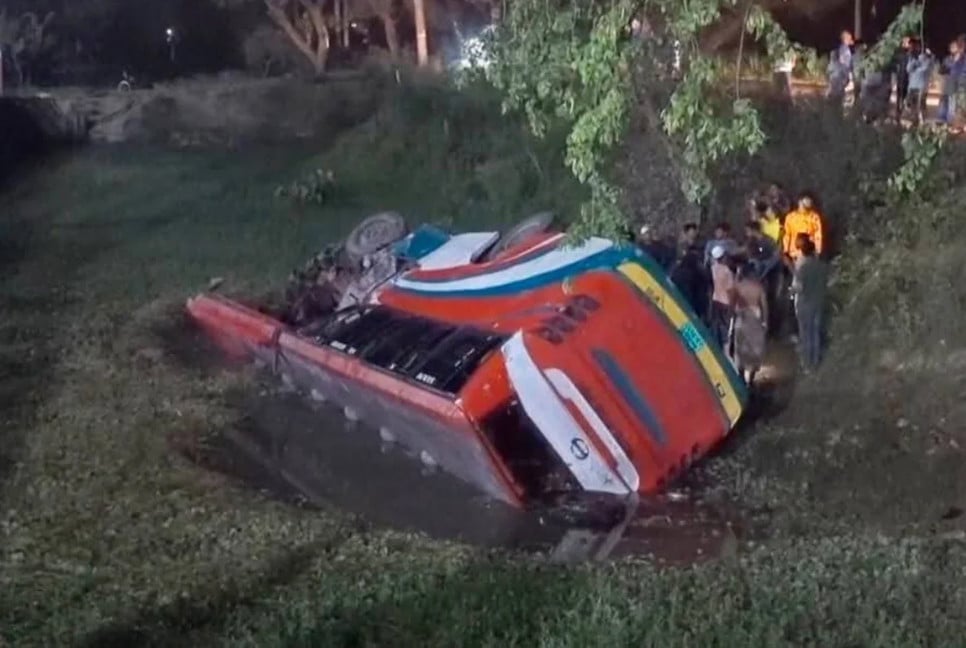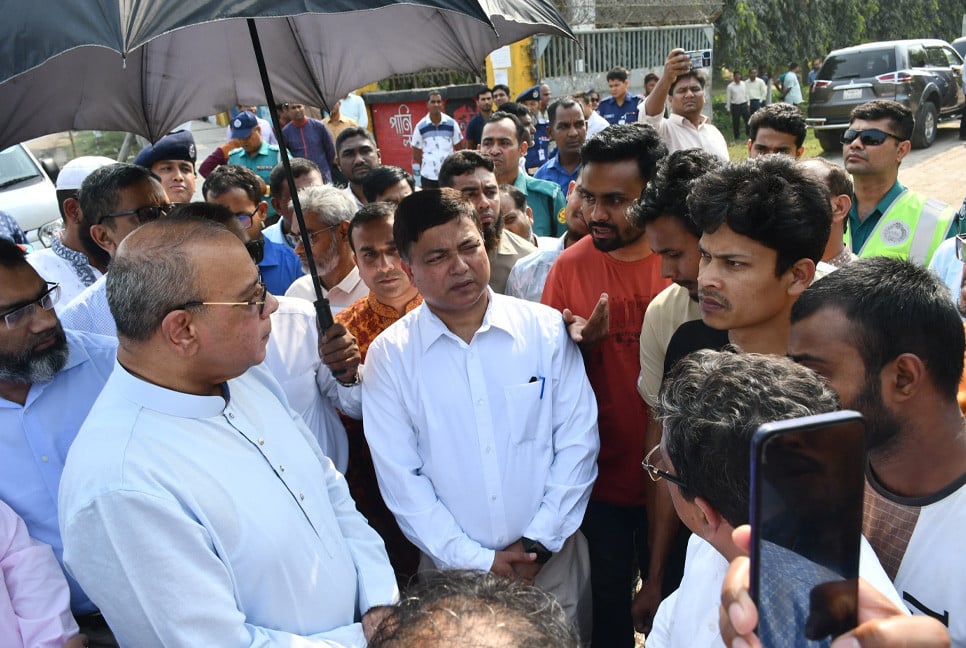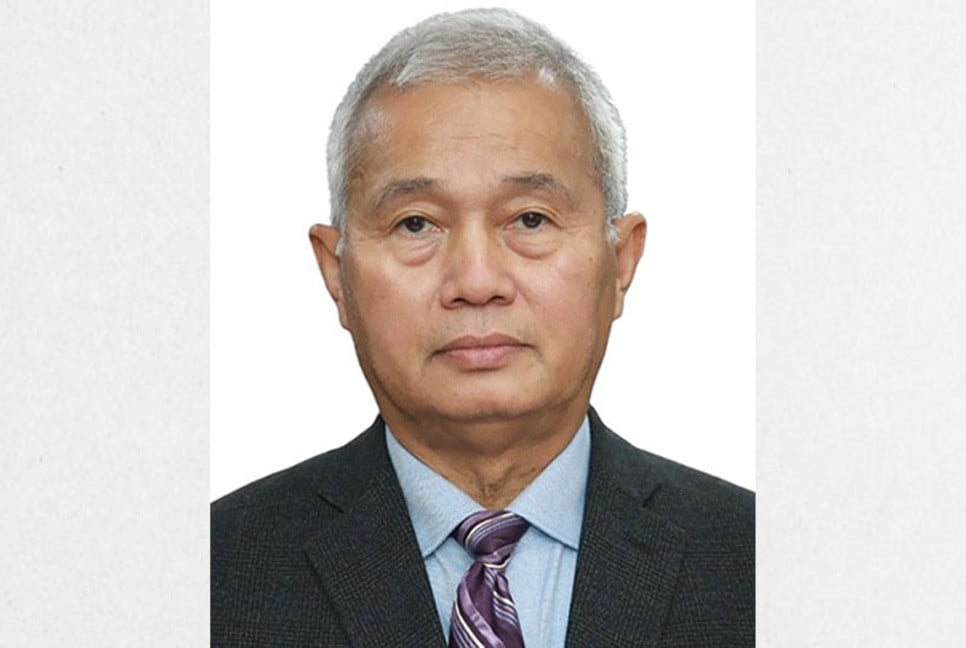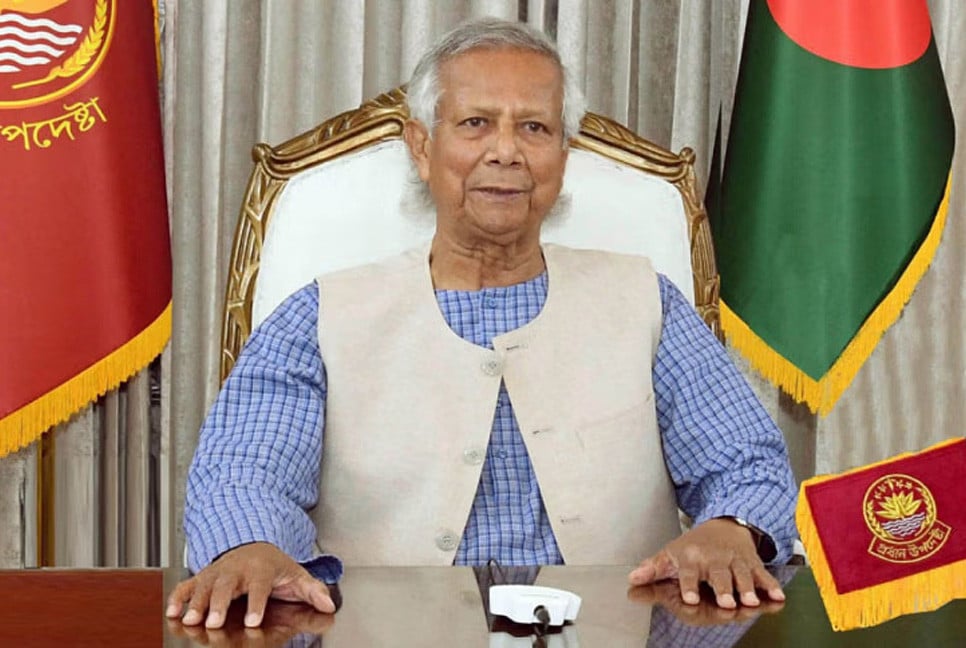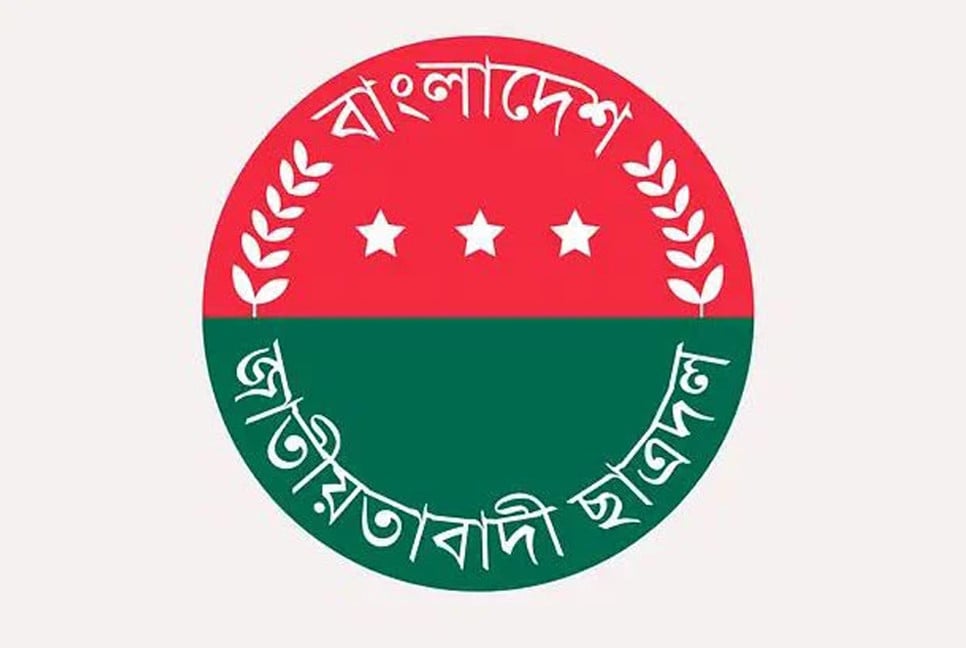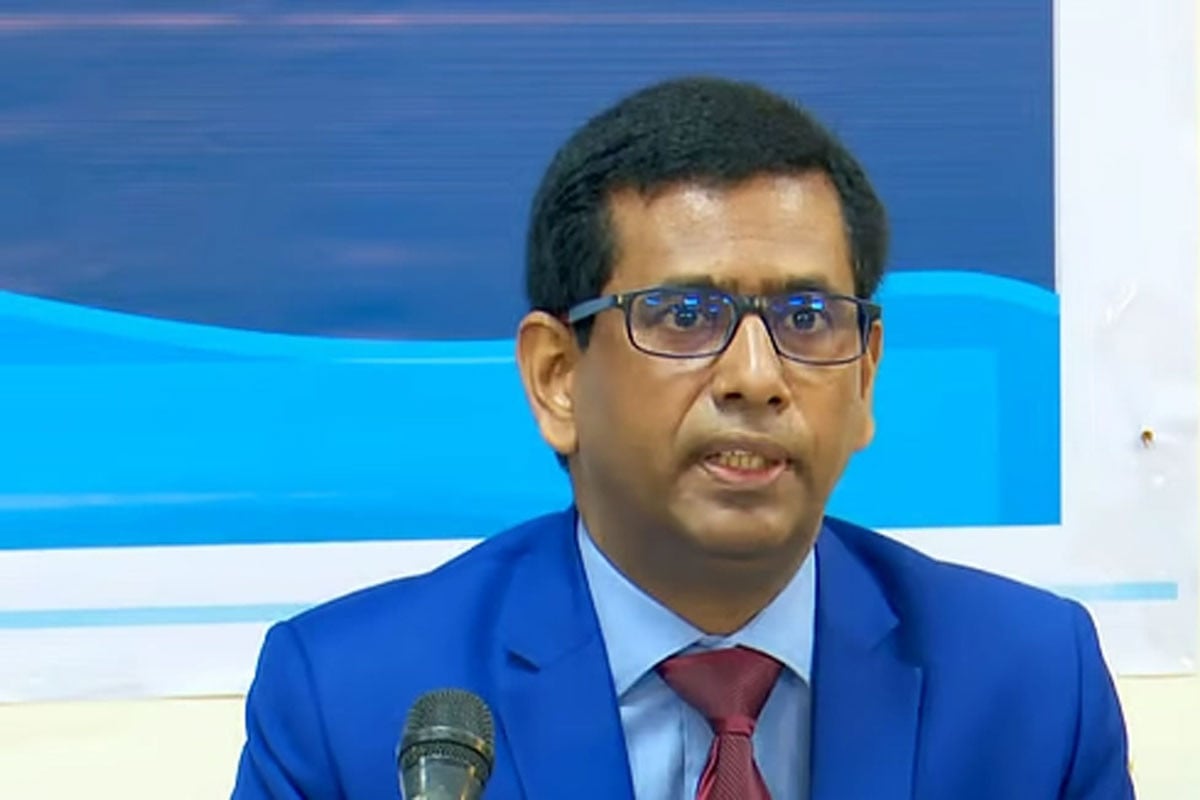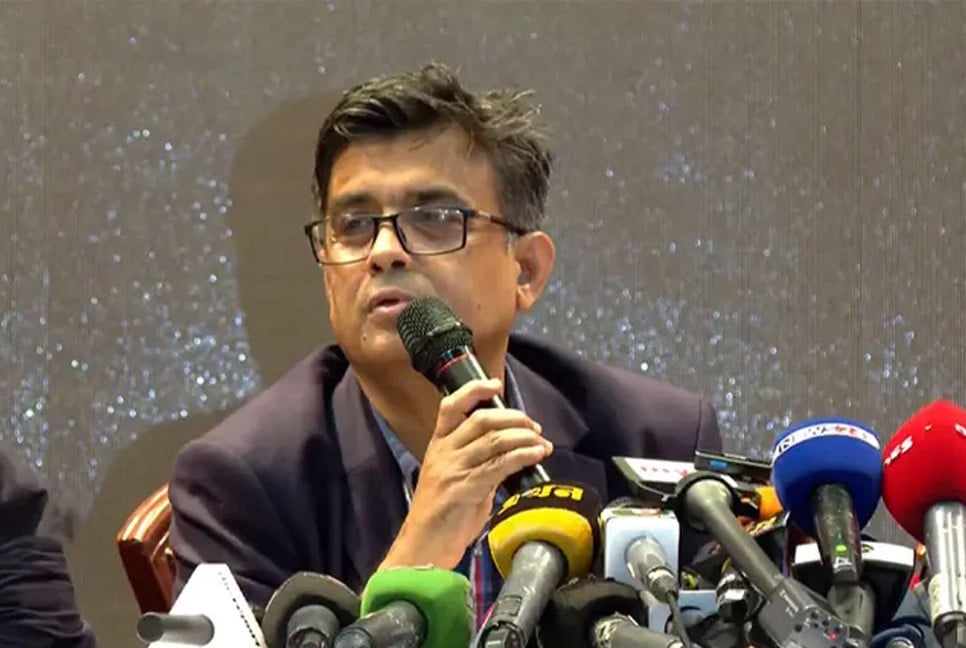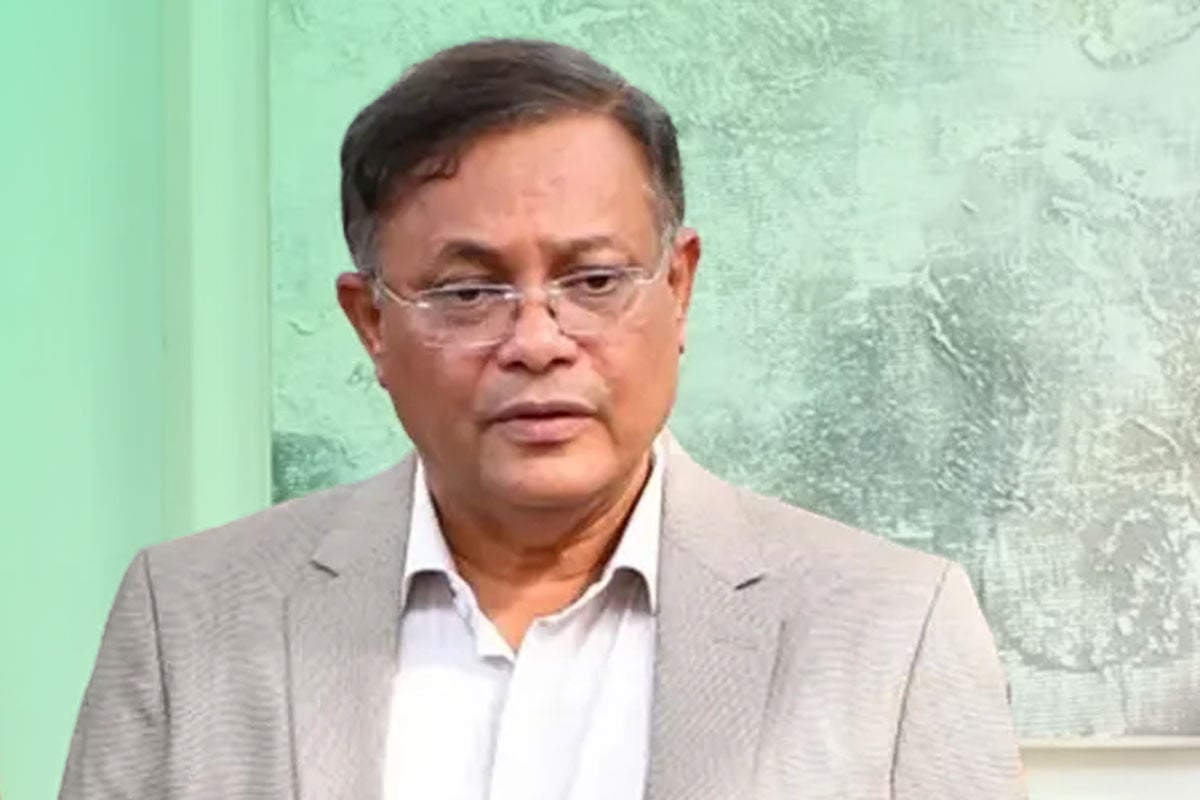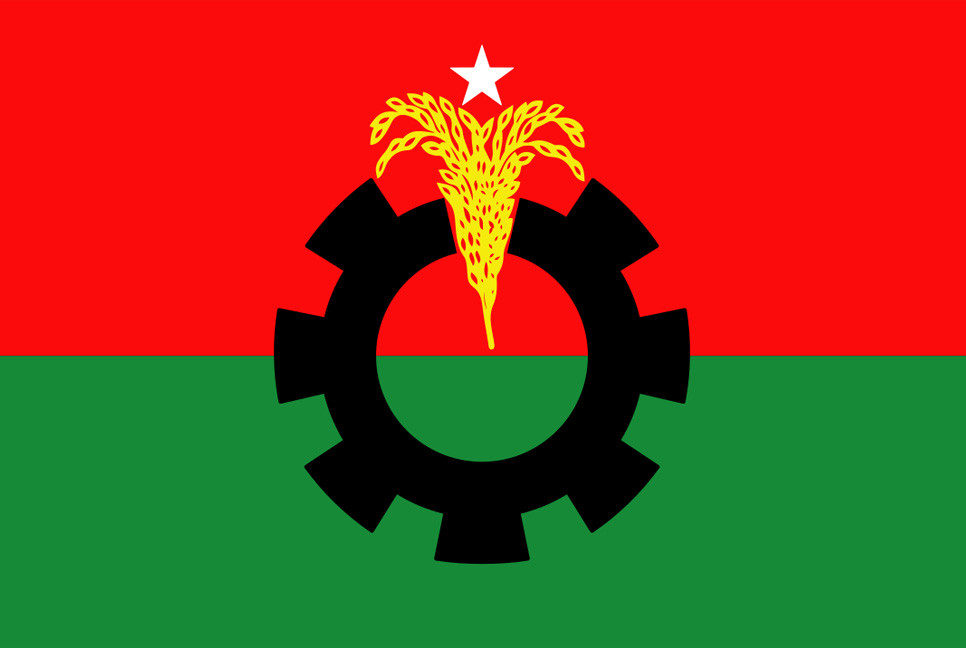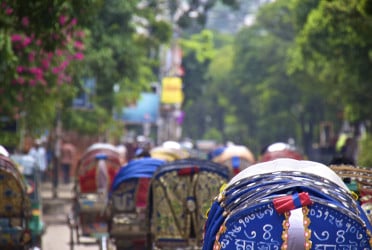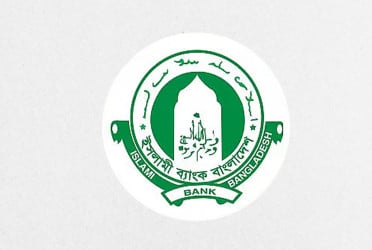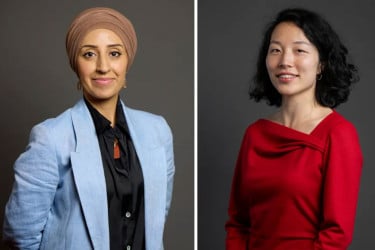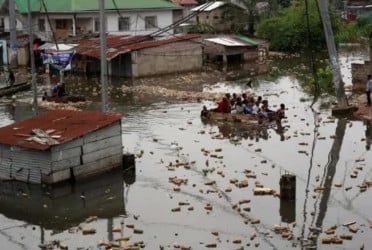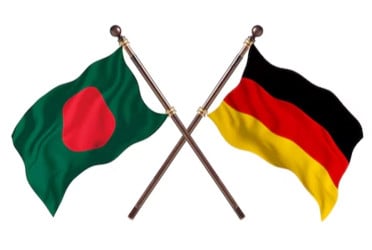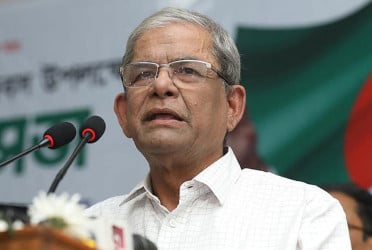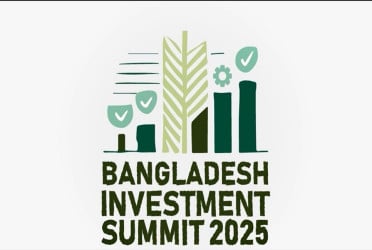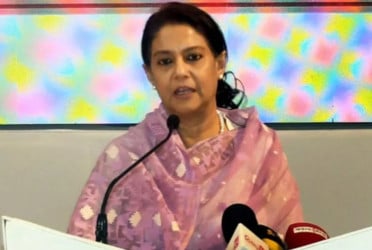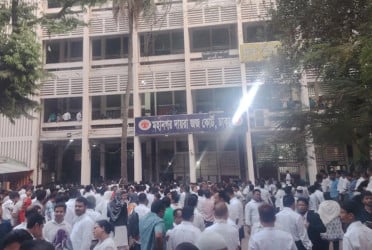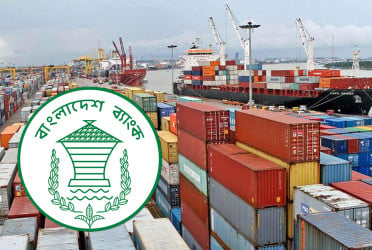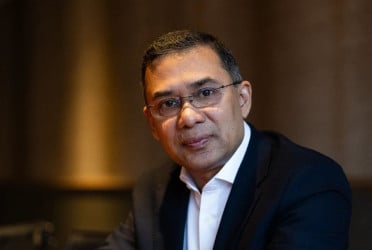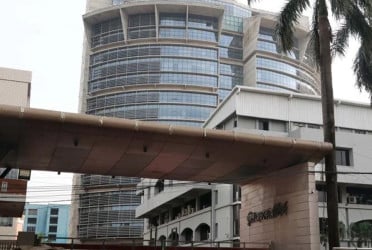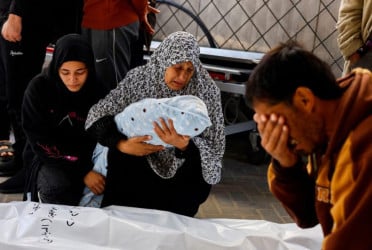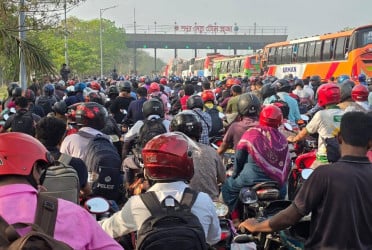Bangladesh has secured $1.16 billion in World Bank financing to bolster its efforts in enhancing health services, improving water and sanitation infrastructure, and advancing green, climate-resilient development. The approval, announced by the World Bank’s Board of Executive Directors on Thursday (Washington local time), marks a significant step toward addressing climate challenges and pollution in one of the most vulnerable nations to climate change.
The largest allocation—$500 million—will support the Second Bangladesh Green and Climate Resilient Development Credit. This initiative focuses on policy reforms to improve public planning, financing, and implementation of green and climate-resilient measures at both local and national levels. It also aims to reduce air pollution, enhance environmental enforcement, and expand access to carbon markets. Notable policy measures include improving energy efficiency in buildings and appliances and incentivizing eco-friendly practices in the construction sector.
Aligned with the Bangladesh Delta Plan 2100, the financing will enhance water and sanitation services, integrate environmental considerations into public procurement, and bolster sustainable development practices. To support these initiatives, the Planning Division has adopted the Delta Appraisal Framework, improving the efficiency of long-term climate resilience strategies.
In addition, $379 million has been allocated to the Health, Nutrition, and Population Sector Development Program-For-Results, targeting improved healthcare services in the Sylhet and Chattogram divisions. This funding is set to benefit more than 5.1 million people, with a focus on reducing maternal and neonatal mortality and providing essential health services to women in climate-affected districts. The program also seeks to strengthen healthcare infrastructure to address emerging non-communicable diseases like hypertension.
The World Bank’s commitment is further supported by a $25 million grant from the Global Financing Facility for Women, Children, and Adolescents (GFF). This grant will enhance interventions in maternal and newborn care, child nutrition, adolescent health, and data-driven decision-making.
The third component of the funding, $280 million, is allocated to the Chattogram Water Supply Improvement Project. This project will expand access to safe water for over one million residents and improve sanitation for 100,000 people in low-income communities. Key initiatives include establishing 200,000 new household water connections, upgrading metering systems to reduce water loss, and creating Smart District Metered Areas (DMAs) for real-time water management. These measures will also strengthen the operational and financial sustainability of the Chattogram Water Supply and Sewerage Authority (CWASA).
Since gaining independence, Bangladesh has received over $45 billion in International Development Association (IDA) financing from the World Bank, including grants, interest-free loans, and concessional credits. This latest investment underscores the World Bank’s long-standing commitment to supporting Bangladesh’s development priorities.
“Improving climate resilience and tackling pollution are critical priorities for Bangladesh,” said Abdoulaye Seck, World Bank Country Director for Bangladesh and Bhutan. “This new financing will provide essential health and water services while laying the groundwork for sustainable, climate-resilient development.”
With this landmark funding, Bangladesh is poised to accelerate its progress toward inclusive, sustainable growth and a climate-resilient future, reinforcing its commitment to addressing global environmental and development challenges.
Bd-pratidin English/ Jisan

